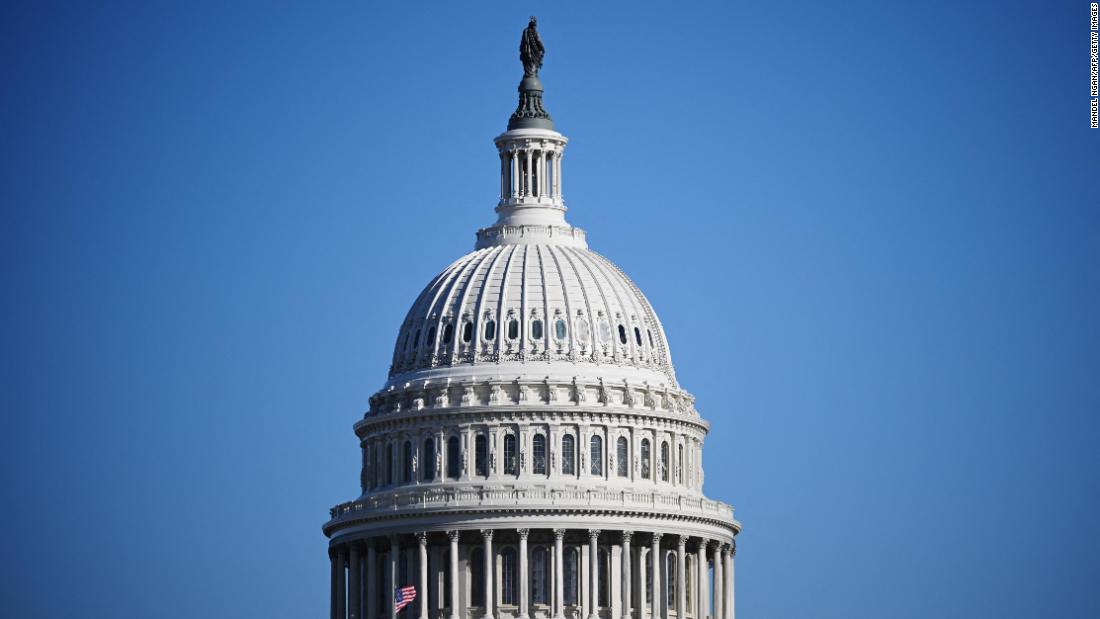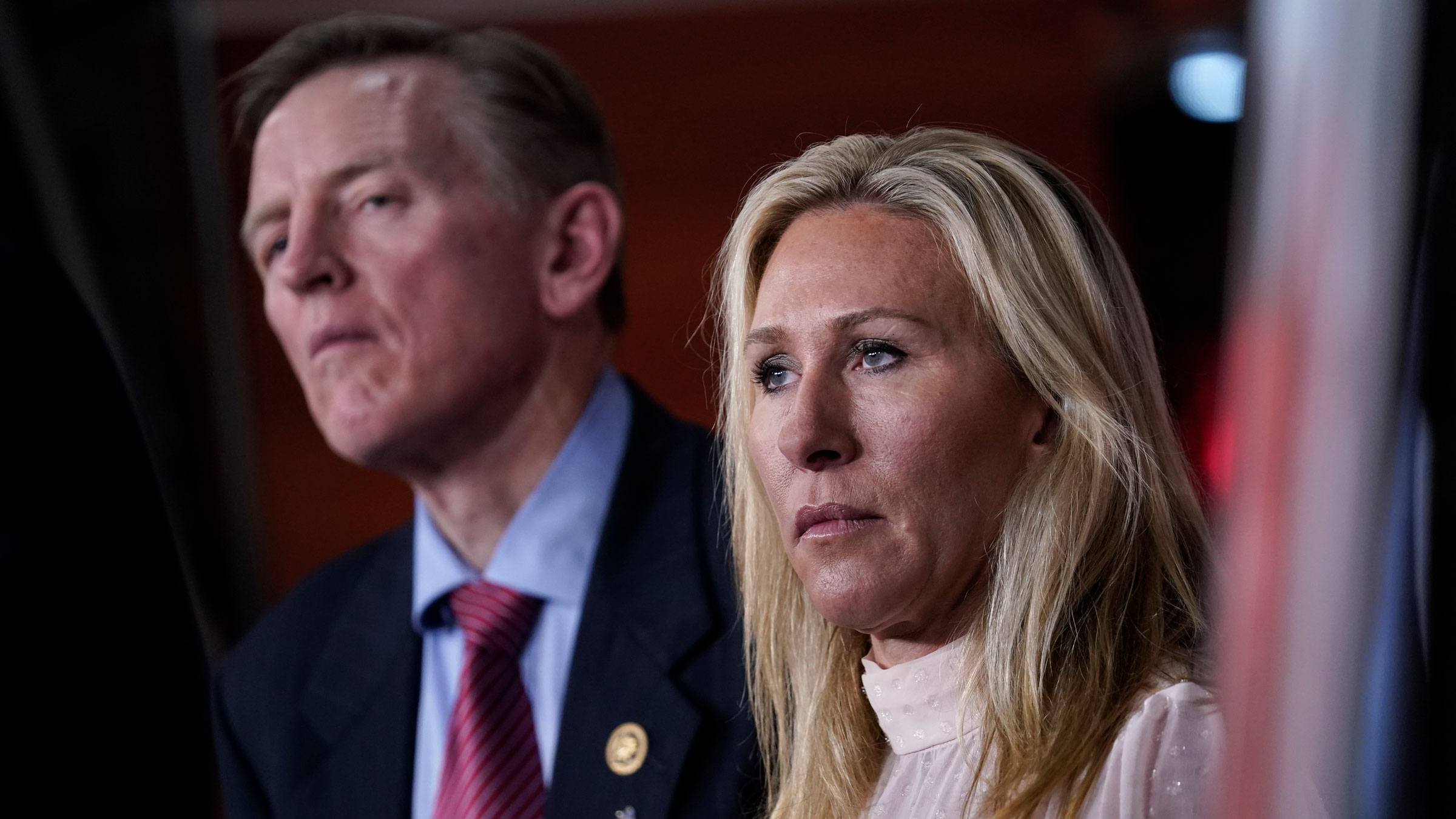

No matter how they resolve Tuesday’s vote choosing the next speaker of the House, Republicans appear poised to double down on the hard-edged politics that most swing state voters rejected in last November’s midterm election.
Stubborn conservative resistance to House GOP Leader Kevin McCarthy has put the party at risk of precipitating the first speakership election that extends to more than a single ballot since 1923 – and only the second since the Civil War.
But even if McCarthy ultimately prevails after another round, the show of strength from the GOP’s conservative vanguard has ensured it enormous leverage in shaping the party’s legislative and investigative agenda. And that could reinforce the image of extremism that hurt Republicans in the midterm election, especially in the key swing states likely to decide the next presidential contest – Michigan, Pennsylvania, Wisconsin, Georgia and Arizona.
Whoever Republicans ultimately select as speaker “will be subject to the whims and the never-ending leveraging of a small group of members who want to wield power,” said former GOP Rep. Charlie Dent, a CNN political commentator. “You’re going to have this group on the far right that is going to continue to push the leadership to go further right on issues.”
Tuesday’s vote may create a kind of drama that was common in the House during the 19th century but has virtually disappeared since. Before the Civil War, when party allegiances were more fluid, the House failed to elect a speaker on the first ballot 13 times, according to the House historian’s office. The most arduous struggles occurred in roughly the decade before the Civil War, as the existing party system crumbled under the pressure of the escalating conflict between the North and South, and the newly formed Republican Party supplanted the Whigs as the major competitor to the Democrats, then the dominant party. One speakership election during that tumultuous decade required 133 ballots (and two months of balloting) to resolve; the final speaker selection before the Civil War began took 44 ballots.
Read the full analysis here.
